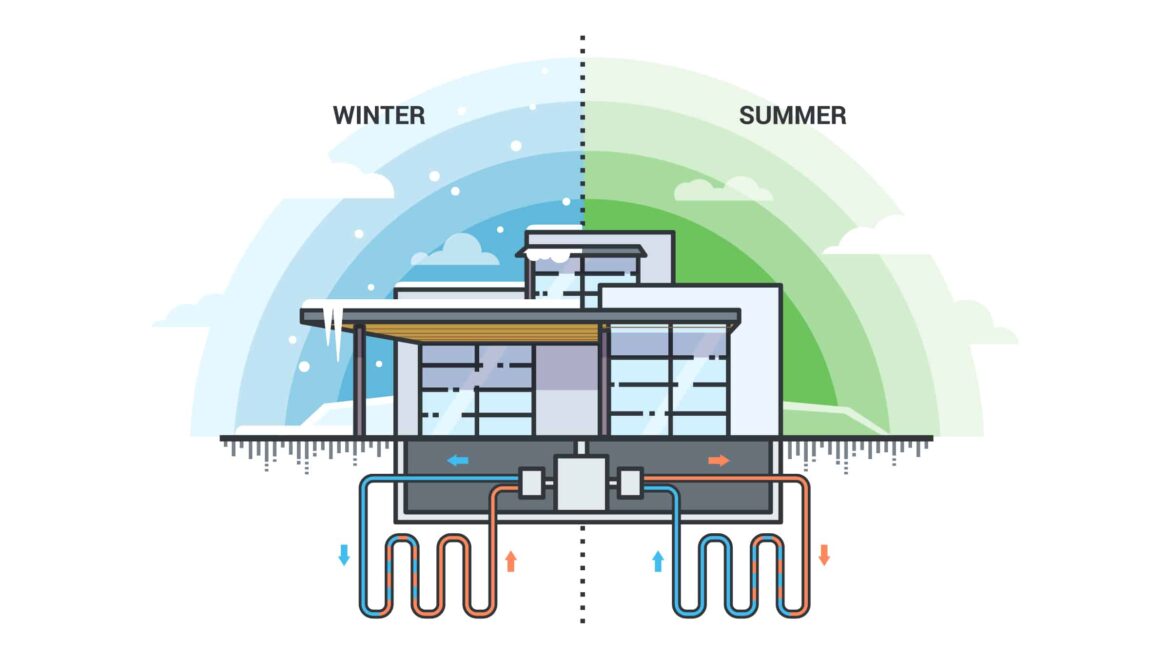1.3K
The electricity consumption of a geothermal heat pump cannot be clearly determined across the board. This is because there are a number of factors that can have a massive influence on the total annual costs.
Typical electricity consumption of a geothermal heat pump
Among other things, the insulation of your building plays a big role in the annual electricity demand.
- It is not possible to give a definite value for the electricity consumption of a geothermal heat pump without narrowing it down using other parameters. The insulation of your building plays a very important role here.
- Because it depends on a few factors. Of course, the area that is to be heated, or the number of rooms, plays a role. There are also different models of ground source heat pumps, which have different heating capacities.
- Another factor is the type of geothermal heat. Again, there are different ways to penetrate the ground. Bringing up the heat from the depths of the earth by means of a probe borehole is more efficient than collecting the heat near the ground, but it is also more expensive to develop.
- The annual performance factor also plays a role. This tells you how many kilowatts of heat can be obtained from one kilowatt of electricity on average by the heat pump.
- An example calculation with an average house gives an insight into the annual consumption. Assuming 100 m² of living space, a heat pump with a heating output of 12 kilowatts (kW) can be selected.
- The average annual coefficient of performance of ground-source heat pumps is 3.4, which means that 3.4 kilowatts of heat are obtained from 1 kilowatt of electricity. To calculate the corresponding average electrical output, you must divide the 12 kilowatts of heat output by the annual performance factor of 3.4. This gives you an average electrical output of 3.53 kW.
- Now you need the annual heating hours. This can also vary greatly from household to household. As an average value, you can assume 2,000 hours here. Consequently, multiply the 3.53 kW by the 2,000 hours and you get an energy of 7,059 kWh.
- Happily, there are now special heat pump electricity tariffs, giving you a cheaper price per kilowatt hour. All you need is a separate electricity meter.
- Last year, the heat pump electricity tariff was about 8 cents below the conventional tariff. Assuming that the current electricity price (as of January 2022) is about 36 cents/kWh, the special tariff would be about 28 cents/kWh. If we now calculate the annual costs, the 7,059 kWh results in an amount of 1,976.52 euros.

